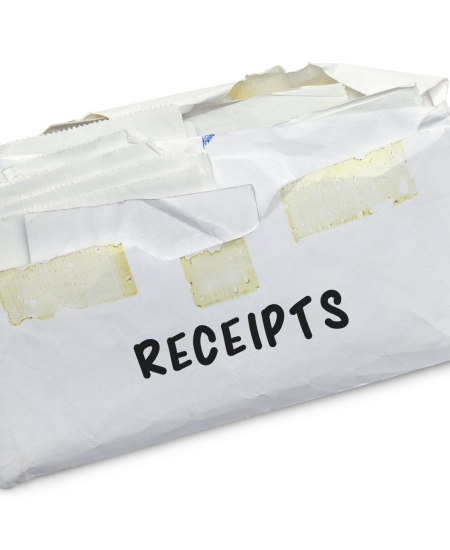
Reimbursement versus Allowances
Many employers assist workers with work-related expenses by reimbursing them or paying them an allowance. Failure to do so, can sometimes result in resentment from the employee who is otherwise forced to incur the cost themselves. While they may be able to claim a deduction, this would still leave them out of pocket as a deduction merely reduces your taxable income.
According to the ATO, the treatment of allowances is one of the most misunderstood areas of payroll. Whether it be misclassifying an amount as an allowance (when it’s actually a reimbursement) or applying the incorrect PAYG withholding, superannuation or payroll tax treatment, mistakes in this area are easy to make.
The distinction
It’s important to define an allowance, and in particular distinguish it from a reimbursement as the PAYG withholding, superannuation and payroll tax treatment can differ significantly. On the one hand, allowances:
- Are generally assessable income to the employee
- may be included on an employee’s payment summary
- may attract superannuation, and
- the employee may be able to claim a deduction against the allowance for a work-related expense incurred.
On the other hand, reimbursements:
- are generally not taxable to the employee
- will be fringe benefit taxable to the employer where they constitute an expense payment fringe benefit or a Living away from home allowance (LAFHA)
- may be liable for payroll tax where they constitute a fringe benefit
- will not attract superannuation, and
- the employee will not be able to claim a tax deduction for the original expense incurred.
According to Taxation Ruling TR 92/15, an “allowance” is “a definite sum of money allotted or granted to meet expenses or requirements”. An allowance usually consists of the payment of a definite or predetermined amount to cover an estimated expense, and is paid regardless of whether the recipient incurs the anticipated expense. An amount is not an allowance if it’s just folded in to normal salary and wages. Rather an allowance must be a separately identifiable payment made to an employee for:
- working conditions – e.g. a danger allowance, on-call allowance
- qualifications or special duties – e.g. first aid officer allowance
- expenses that cannot be claimed as a tax deduction by the employee – e.g. travel between home and work, or
- work related expenses that may be able to be claimed as a tax deduction by the employee – e.g. travel between work sites or a uniform allowance for a compulsory uniform.
On the other hand, a payment is a reimbursement when the employee is compensated exactly (i.e. precisely, not approximately), for an expense they have already incurred. In the case of a reimbursement, the employer considers the expense to be their own, with the employee effectively incurring the expenditure on behalf of the employer. With a reimbursement, the employee will almost always be required to produce evidence to the employer of the exact amount and nature of the expense (e.g. receipt), before the amount is reimbursed to them.
Be aware that reimbursements may constitute an expense payment fringe benefit. The main exception is where the expense would otherwise be deductible to the employee had they paid the expense themselves. In that case, it would generally be FBT exempt.
If you have any questions around allowance or reimbursement-style payments to workers, don’t hesitate to contact us on 7078 3505 for advice.